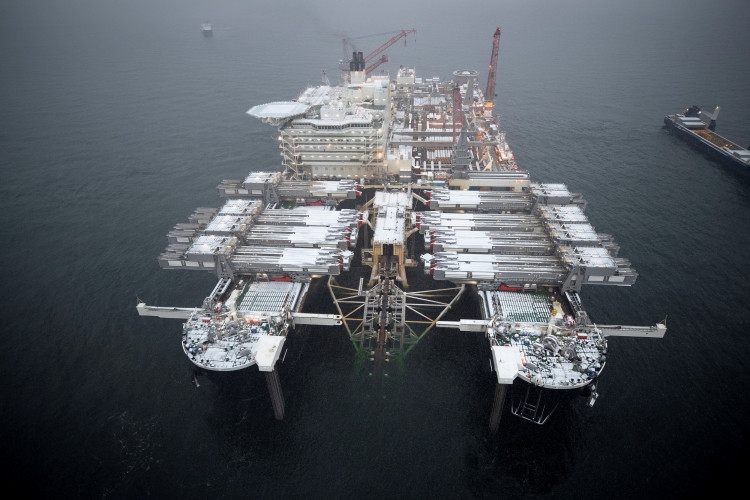In an act of suspected sabotage near Swedish and Danish waters, three Nord Stream pipes burst. Moscow rapidly moved to shift the blame on the West, claiming the United States stood to gain. Europe is now looking into what happened.
Due to restrictions put in place by Danish and Swedish officials, the operators of two Baltic Sea gas pipelines that previously connected Russia and Germany but both had significant breaches last week stated they were unable to investigate the damaged portions.
The owner and operator of that gas pipeline, Nord Stream 2 AG, based in Switzerland, declared on Tuesday that it will check the state of the leaky pipelines after the police investigation of the "crime scene" is over and the cordon is removed. Later on Tuesday, Nord Stream AG, the company in charge of the older Nord Stream 1 pipeline, said that Danish authorities had informed them that obtaining the authorizations required to conduct an inspection might take more than 20 working days.
"According to the Swedish authorities, a ban on shipping, anchoring, diving, using of underwater vehicles, geophysical mapping, etc. has been introduced to conduct a state investigation around the damage sites in the Baltic Sea," Nord Stream, in a press release said.
As of Monday, the pipeline's pressure had stabilized, noted Nord Stream.
In email replies, the Swiss-based Nord Stream 2 company stated that it was "cooperating with all relevant authorities."
"Copenhagen police are handling the investigation of the crime scene at the Nord Stream 2 leak in the Danish EEZ (exclusive economic zone)," it said. "The Swedish coast guard has cordoned off the area around the leak in the Swedish EEZ."
Given that Europe banned Nord Stream 2 days before Moscow sent soldiers into Ukraine on February 24, Kremlin-controlled Gazprom has suggested that flows might resume at the final intact pipeline in the Nord Stream 2 network. However, this recommendation is likely to be rejected.
The Nord Stream pipeline, which connects Germany and Russia, is at the center of a rising gas supply issue in Europe. Up until recently, this region mainly relied on Russian fuel, which caused prices to surge. As they scramble to secure alternative supplies, some European Union states have activated emergency procedures that might result in rationing, while Britain now faces a "significant risk" of gas shortages this winter, the regulator warned.
The region has been declared a crime scene, according to a press release from Sweden's prosecutor's office. An email from a Swedish coast guard spokesman confirmed the existence of a five-nautical mile exclusion zone surrounding the leaks.






